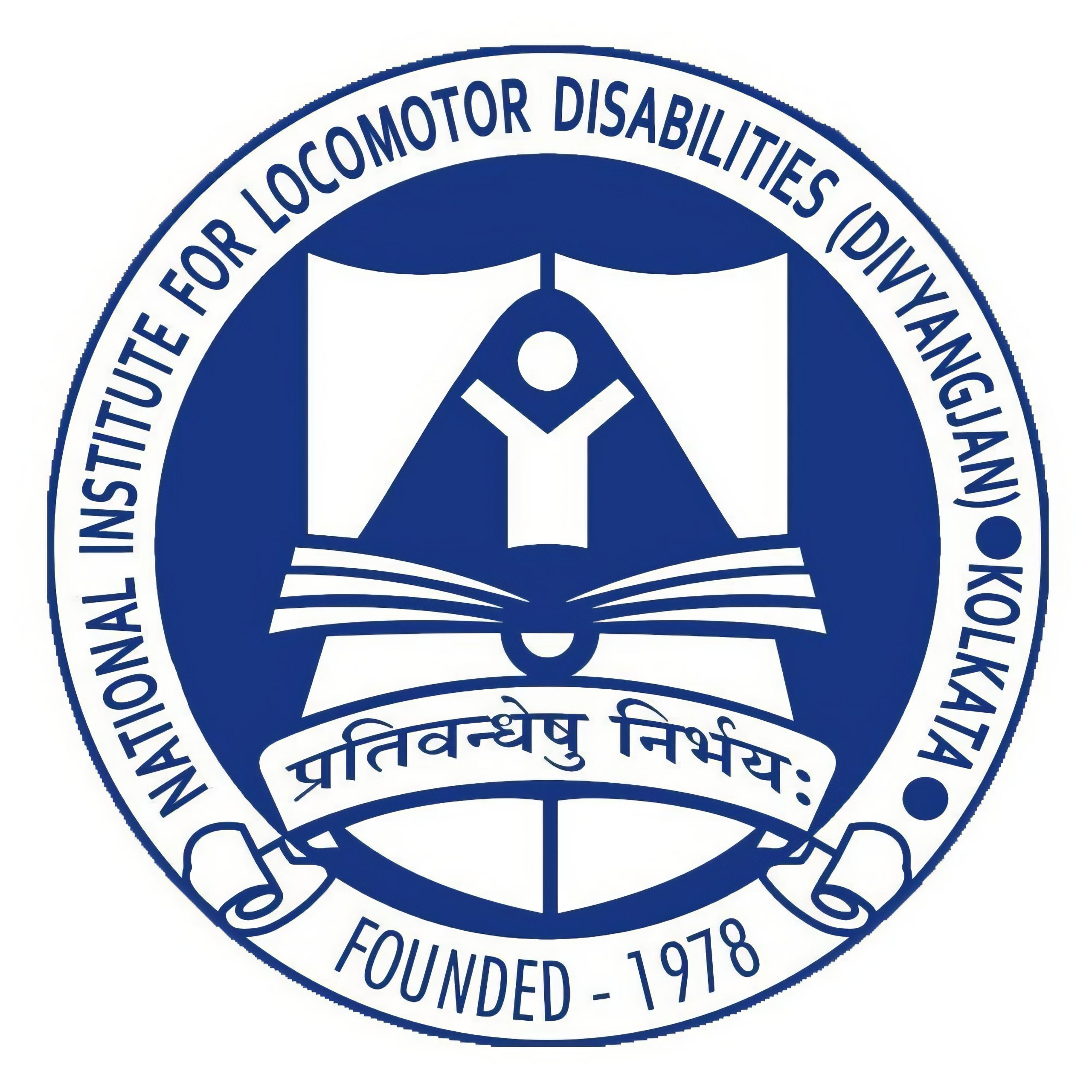The Right to Information Act 2005 (Act No. 22/2005) [1] is a law enacted by the Parliament of India giving citizens of India (except those in the State of Jammu and Kashmir who have their own special law) access to Government records. Under the terms of the Act, any person may request information from a “public authority” (a body of Government or instrumentality of State) which is required to reply expeditiously or within thirty days. The Act also requires every public authority to computerise their records for wide dissemination and to proactively publish certain categories of information so that the citizens need minimum recourse to request for information formally. This law was passed by Parliament on 15 June 2005 and came into force on 13 October 2005. Information disclosure in India was hitherto restricted by the Official Secrets Act 1923 and various other special laws, which the new RTI Act now overrides. The Right to Information in Indian jurisprudence has largely evolved as a concomitant of the freedom of speech and expression. The initiatives of Right to Information have come from groups and communities demanding from the Government, its agencies and departments, disclosure about their activities and more specifically allocation and utilization of public funds and public goods.
Objective of RTI
To promote transparency and accountability in the various activities of NIOH
To set up a practical regime of Right to Information in order to promote openness for giving citizens access to information that is under the control of NIOH
To disseminate every piece of information related to NIOH as prescribed in the Gazette of India (The Right to Information Act, 2005).
CPIOs and Appellate Authorities
- SOUGATO BANERJEE Deputy Director (Admin)
Appellate Authorities
9831075736
ddaoffice[dot]nild[at]gmail[dot]com
EVA SNEHLATA KUJUR
Senior Occupational Therapist Cum Jr. Lecturer
CPIO
9748325491
eskujur[at]yahoo[dot]com


